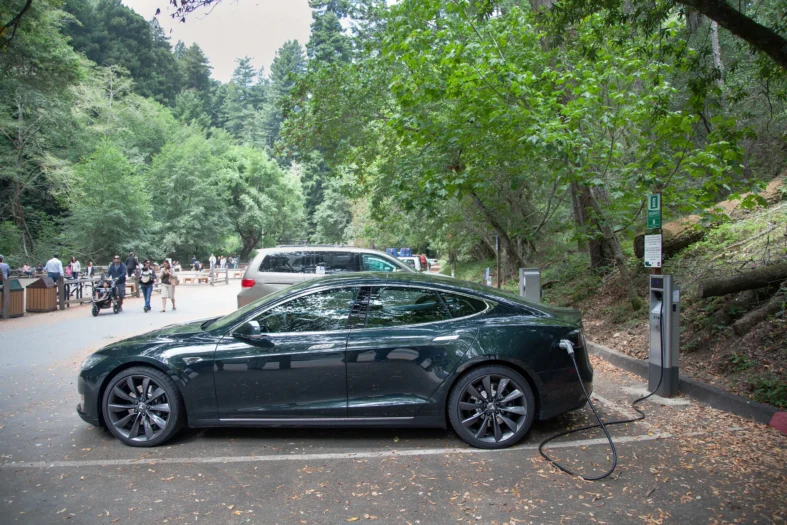
Electric utilities have played a large role in rolling out EV charging infrastructure. EV industry observers have differing opinions about this—some see it as a natural and inevitable development, while others fear that large utilities may use their quasi-monopoly power to squeeze out independent charging operators.
Be that as it may, utilities will surely continue to be major players in the emerging charging industry, and as the US government prepares to make major investments in charging infrastructure, utilities are banding together to concentrate their influence.
The Edison Electric Institute, a utility trade group, recently announced the formation of the National Electric Highway Coalition, which includes 50 EEI members, as well as the Tennessee Valley Authority. The organization is “a collaboration among electric companies that are committed to providing electric vehicle fast charging stations that will allow the public to drive EVs with confidence along major US travel corridors by the end of 2023.”
